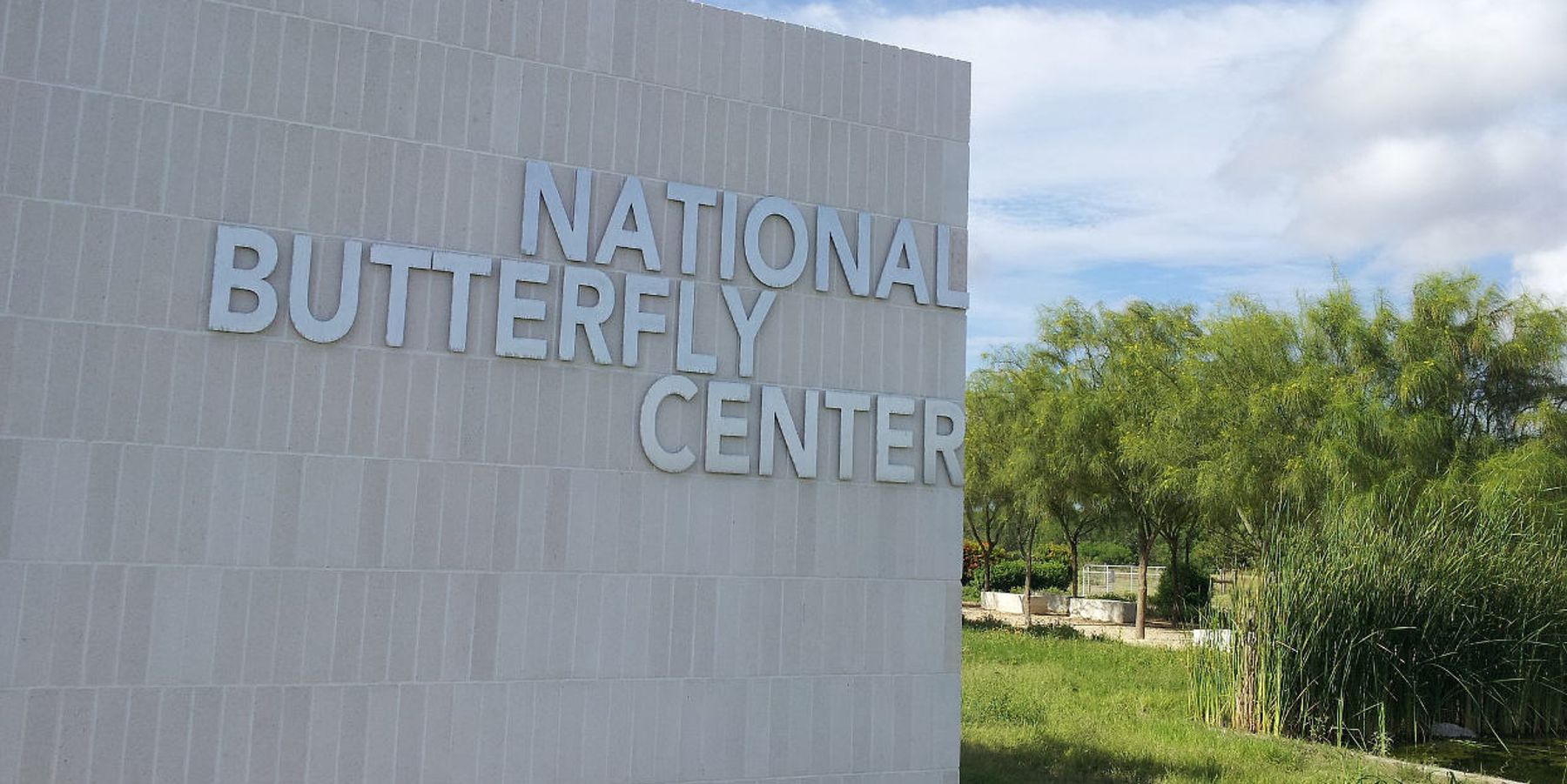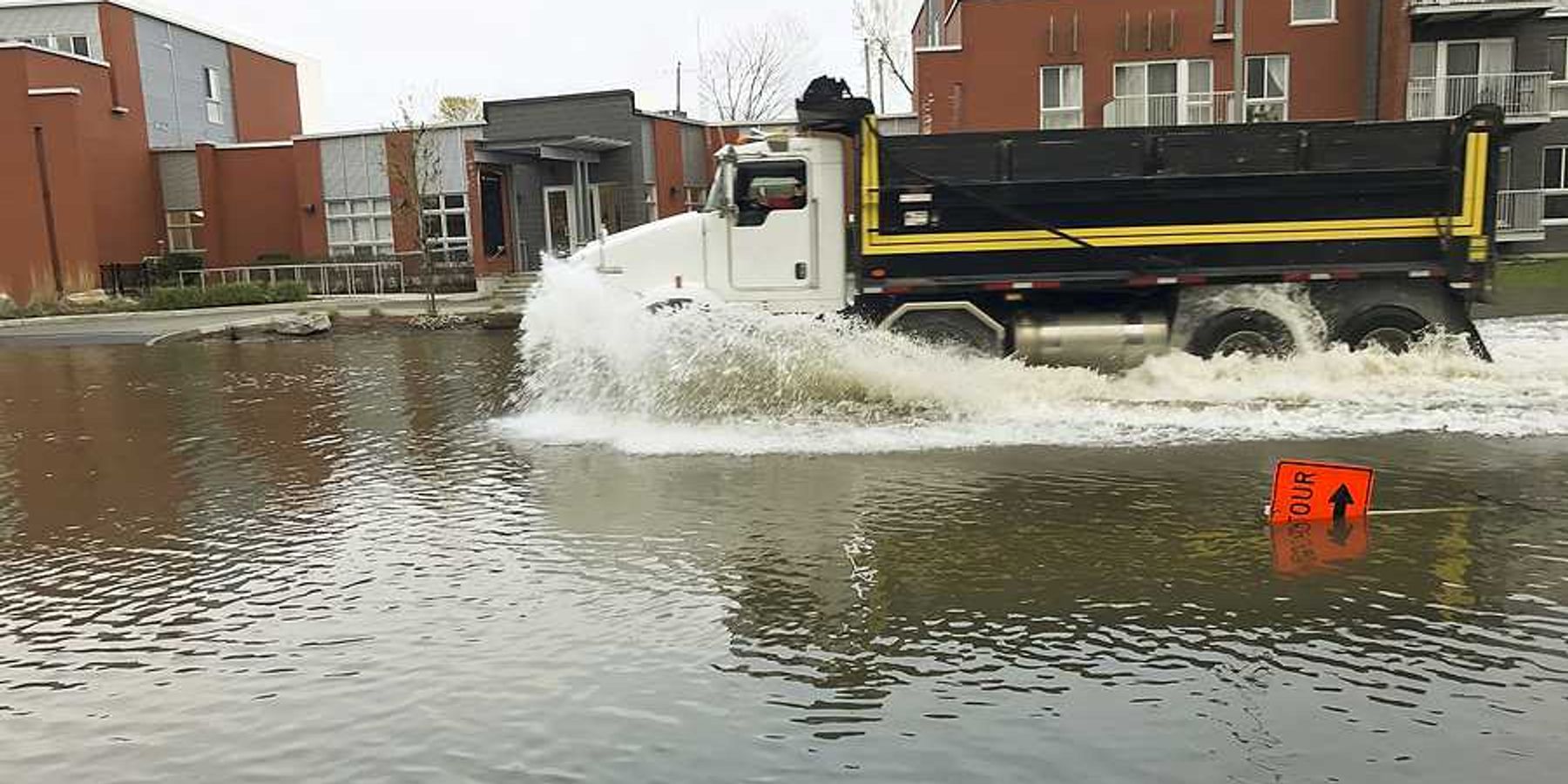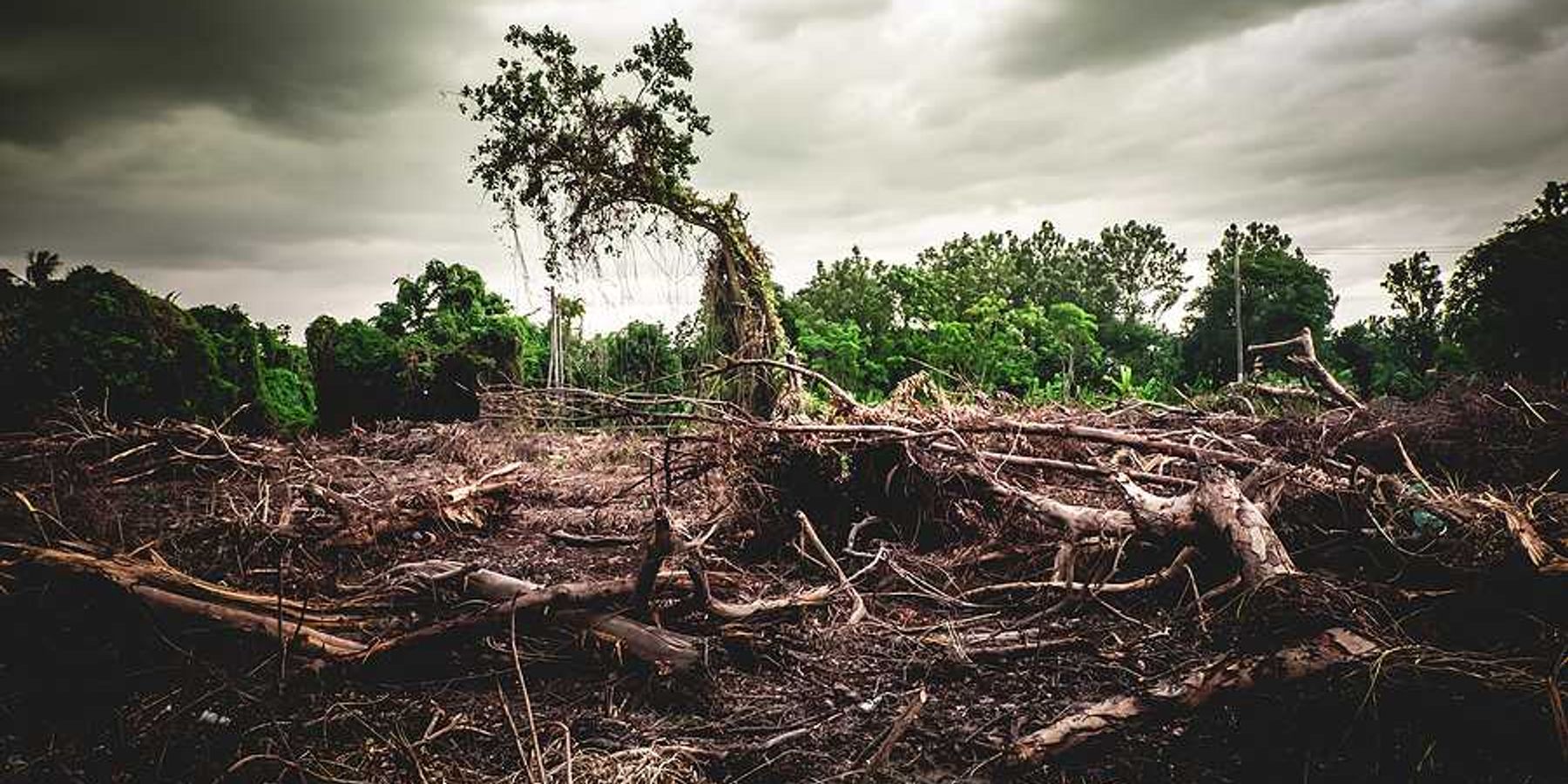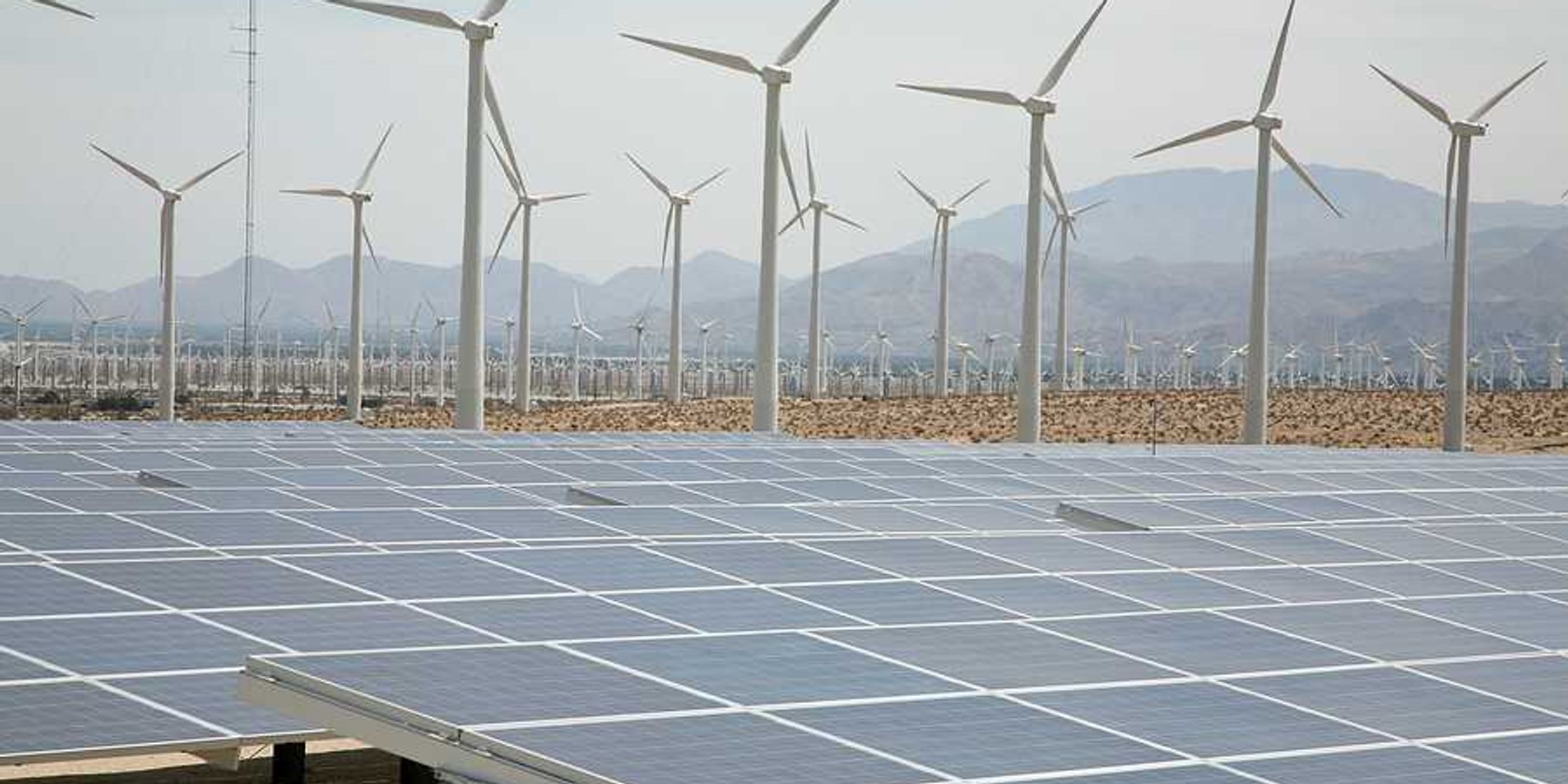
Peter Dykstra: Tomb of the unknown stories
Build the wall, make the butterflies pay for it.
Like many Americans, I sat slackjawed this week as the two most powerful Democrats in the nation hectored the President as if they were both 12-year-olds. And the President, off on a tear about who would pay for his border wall, behaved like a 9-year-old.
Meanwhile, the San Antonio Express-News reported on one quiet group that will pay for the Wall: butterflies.
Yes, butterflies. Moving north each year in gangs like the Monarchs, butterflies find sanctuary at the cleverly-named National Butterfly Center in Mission, Texas, just west of the border city of McAllen.
Plans for Wall construction would bisect the Center, putting 70 percent of it outside the Wall. Earlier this month, the Supreme Court rejected an appeal by several environmental groups, who had sued over the Trump Administration's waiver allowing Wall construction to ignore 28 environmental laws that might trip up the project.
The Wall would also slice through a nearby state park and a National Wildlife Refuge. And there's a bonus indignity: The Wall is two miles inland from the Rio Grande, the actual US-Mexico border – effectively ceding a big swath of riverside land to Mexico and negating the private property rights of ranchers and farmers, not just butterfly lovers.
The Butterfly Center has floated a new lawsuit, and is raising money through a GoFundMe page. As of this week, the page has raised less than 10 percent of its $100,000 goal.
Glyphosate grows up
For years, glyphosate was something of a rock star among herbicides, believed to be far safer than traditional chemicals.
As the key ingredient in Monsanto's Roundup, glyphosate flew off the shelves of hardware stores and WalMarts, racking up billions in annual sales. Bayer AG, the German chemical and pharmaceutical giant, acquired Monsanto this year, largely due to Monsanto's lucrative seed and pesticide businesses. But the World Health Organization has listed glyphosate as a probable carcinogen, despite intense industry lobbying.
The U.S. EPA considers glyphosate safe, and with the current agency leadership in rabidly pro-business mode, there's little chance that will change.
In August, a California jury awarded Dewayne Johnson, a school groundskeeper, $289 million for his claim that glyphosate caused Johnson's lymphoma. Monsanto/Bayer is appealing the verdict, and the legal tussle could very well outlive Johnson— doctors say he won't survive past 2020. In October, a judge reduced the award to $79 million.
It was only a matter of time before the whiplash lawyers came calling.
Knightline Legal, whose prior clientele include victims of hip and knee replacements and mesh hernia patches gone bad, are all over it. This ad has been ubiquitous on my TV screen ever since the verdict. So glyphosate has joined mesothelioma as precipitant for environmental disease, and a potential windfall for attorneys.
Drawing straws ...

Credit: Horia Varlan/flickr
Let's say it up front: Disposable, single-use plastic straws are bad, no good, very bad for the environment, and efforts to curb their use are a good thing.
Plastic waste is not just in the oceans — but in Arctic ice and fresh water lakes, rivers and streams. The issue has emerged as an OMG crisis, and feel-good solutions like straw bans are more like a straw man—one of those anodyne remedies that may actually do more harm than good by persuading us that we're making progress.
So let's keep it up with outlawing plastic straws and bags, and plastic microbeads in consumer products. But let's not deceive ourselves—it's another global threat where we're losing.
Thus ending on a high note.













